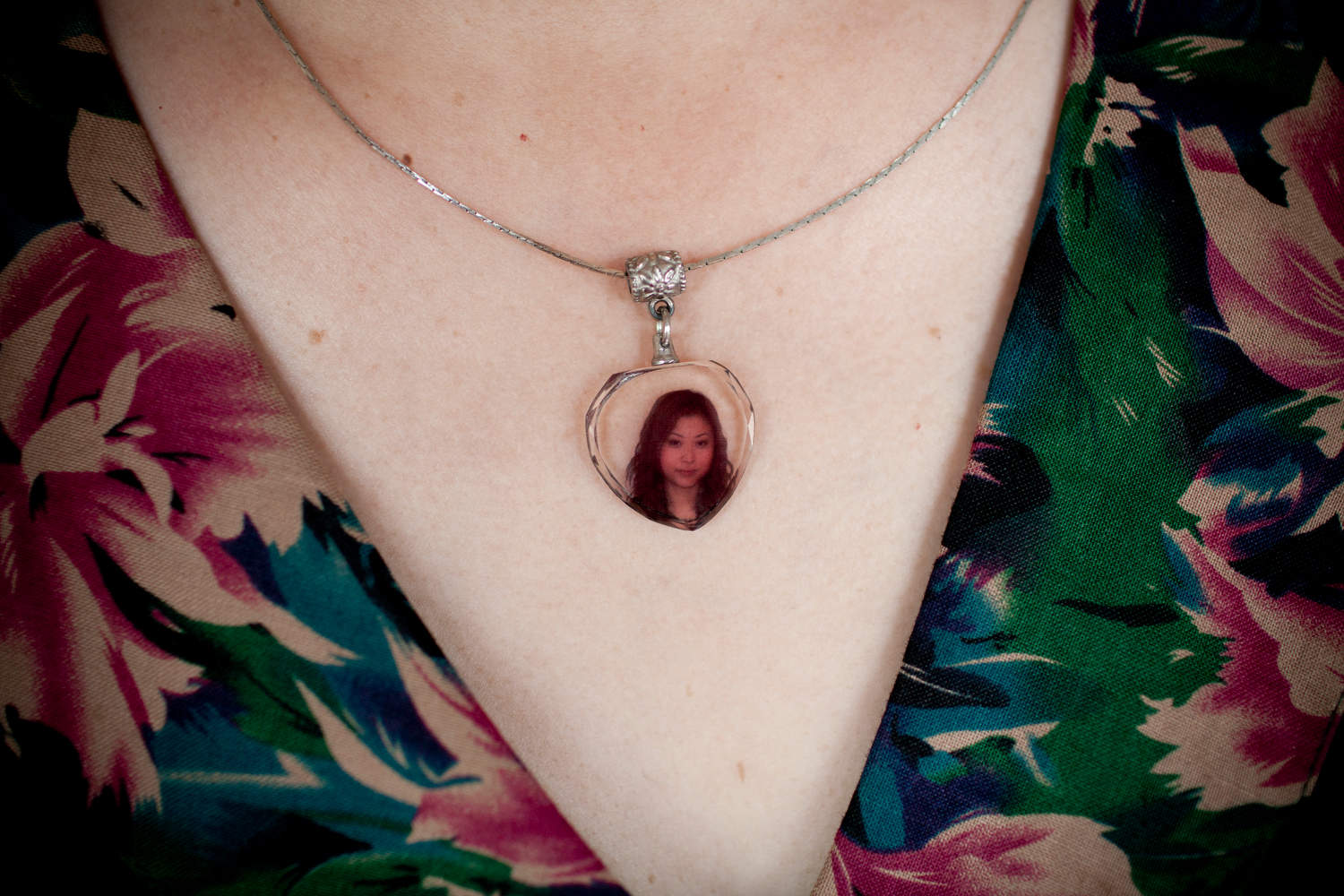China’s family-planning policy was first introduced in the late 1970s to rein in the surging population by limiting most urban couples to one child and most rural couples to two children, if the first child born was a girl.
Through 2011, according to the government, it had prevented some 400 million childbirths. But it also left many bereft mothers and fathers who lost their only child to illness or an accident, and were too old to conceive again.
During the years 1975 to 2010, more than 10 million “the only child” died before the age of 25, which means more than 20 million fathers and mothers lost their heirs at an elderly age and became helpless. With no child to depend on and the loss of spiritual sustenance make them the indirect victims of the family planning policy.
At the end of the year 2013, the Chinese government decided to relax its decades-long one-child policy. Couples are now allowed to have two children, if one of the parents is an only child. The policy will be adjusted and improved step by step to promote a long-term balanced development of the population in China. But the elderly who lost their only child cannot heal their inner wounds. A few parents who have lost their one child choose to have another baby at the risk of old age. Most of them though can only spend their remaining lives in grief.
Photographs & Text: Wu Jiaxing
20世纪70年代初以来中国政府开始大力推行计划生育;每个家庭只能生一个孩子,1978年以后计划生育成为中国的一项基本国策。
数以亿计的中国父母响应计划生育号召,诞下唯一的孩子,将所有希望寄予其身上。然而按常规死亡率计算,1975~2010年间,有超过1000万独生子女在25岁之前死亡。这意味着有2000万名父亲和母亲,在中老年时期失去唯一的子嗣,成为孤立无助的失独老人。老无所依,加精神寄托的缺失,使他们成为计划生育政策的间接牺牲品。
2013年底,十八届三中全会上,中央决定放开“单独二胎”(即一方独生子女夫妇可以生育两个孩子),逐步调整完善生育政策,促进人口长期均衡发展。但已经失去孩子的中老年父母们却无法抚平自己内心的创伤。一部分失独老人选择冒着风险高龄再产,而大部分的余生只能在悲伤中度过。
Share


Comments 1
great work Jiaxing.